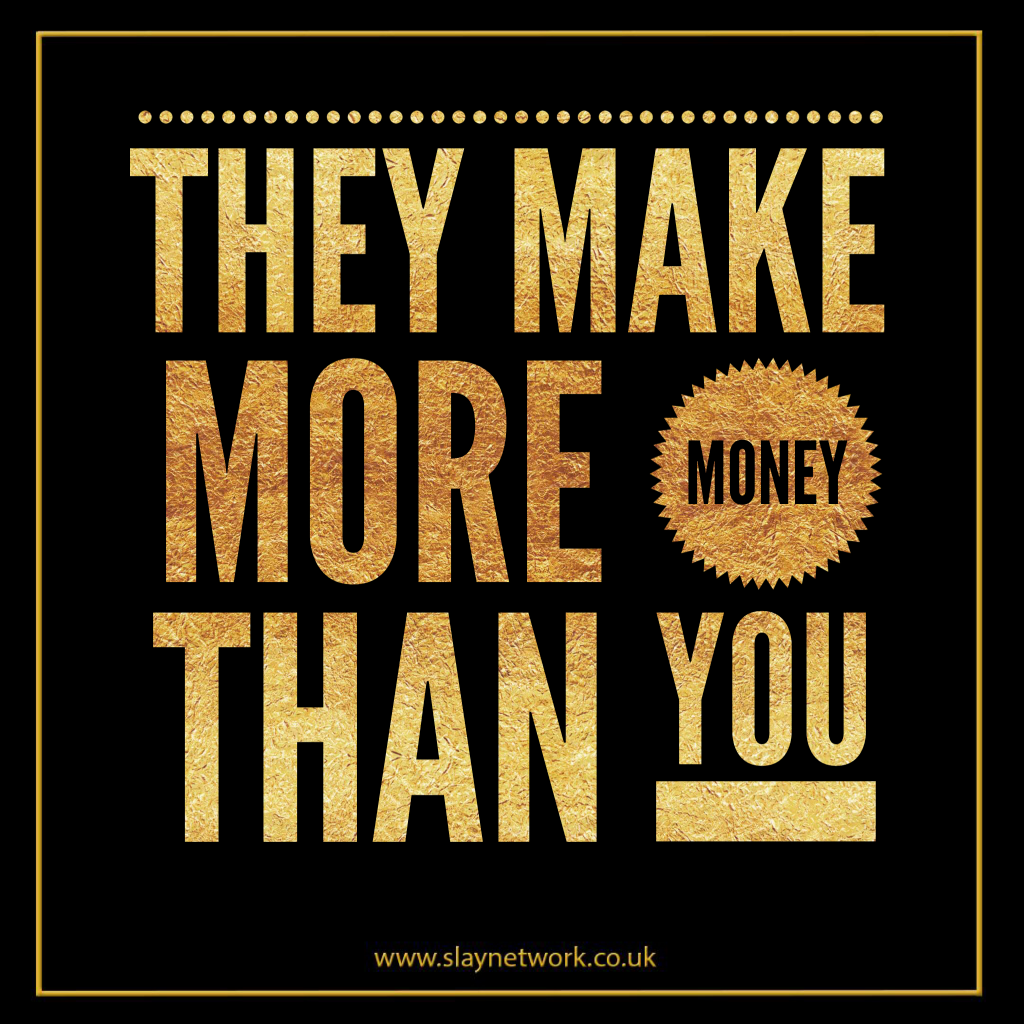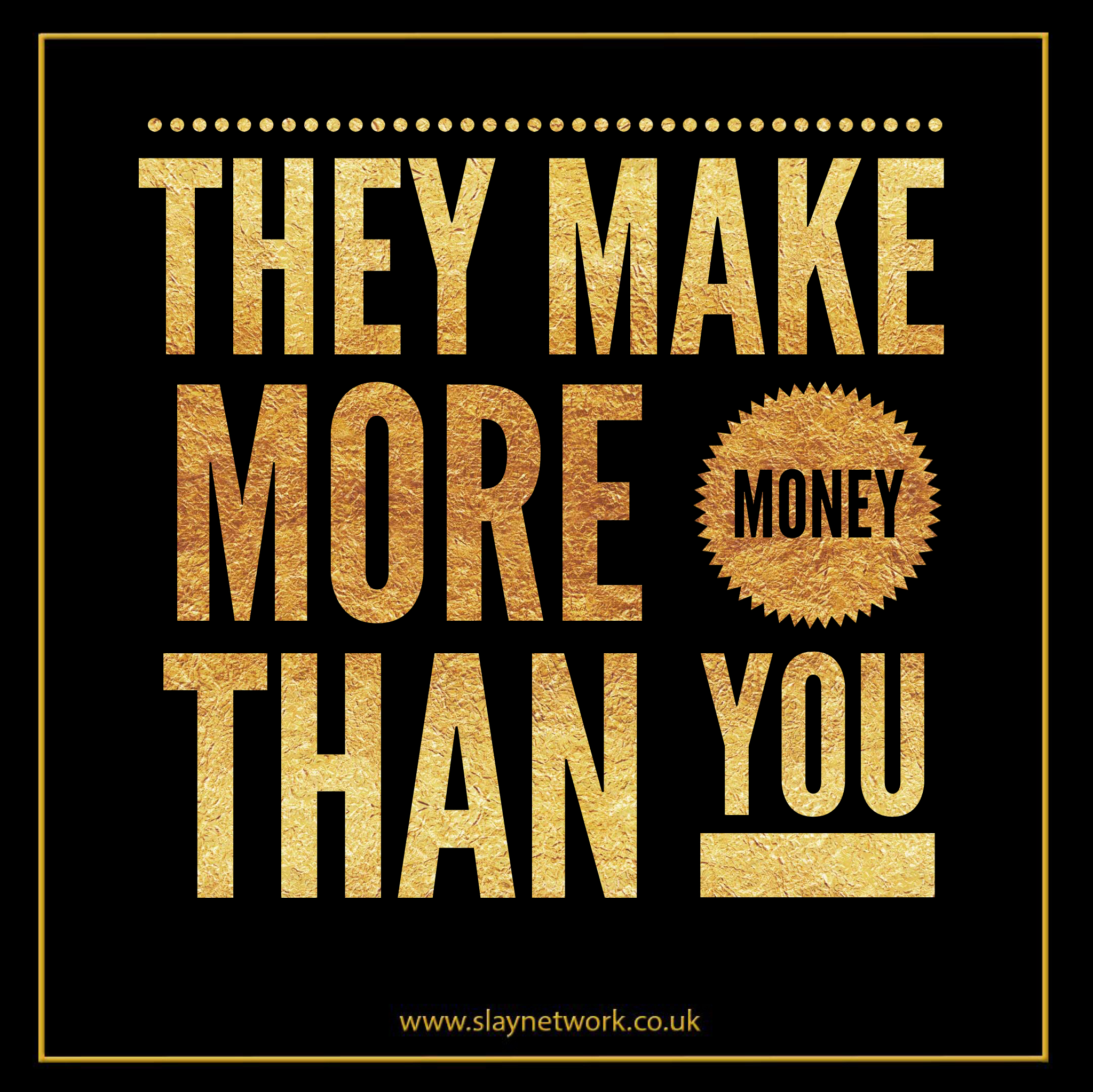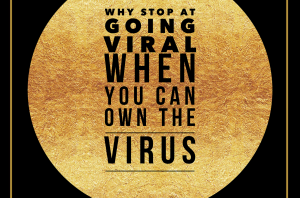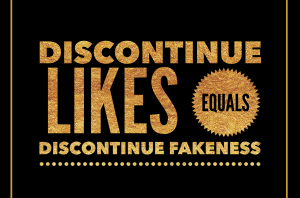
A recent drama unfolded surrounding a social media influencer and White Moose Cafe in Dublin. The YouTuber and blogger asked for a free room in return for publicity. In response, the hotel owner posted her request online and bashed the young woman for her request. While one might argue that nothing is free, the response from White Moose’s owner was over the top and unprofessional by any rational standards. However, many commentators online supported the owner and expressed outrage at bloggers and social media personalities in general. So why are people so angry at social media influencers, most of whom are in their late teens and twenties? And what do social media influencers actually do?
What is a Social Media Influencer?
According to Pixlee.com, a social media influencer is “a user on social media who has established credibility in a specific industry. A social media influencer has access to a large audience and can persuade others by virtue of their authenticity and reach.” Social media influencers may use their influence on platforms such as YouTube, Facebook, Instagram, and Twitter to promote products for partner companies. Influencers get paid for promoting products and services to their followers. In return, companies get more personalized advertising to a customized audience. Why would companies choose social media influencers over traditional advertising? The main reason is that social media personalities have dedicated followers that are more likely to purchase a product if it’s recommended by someone they admire. It is similar to a celebrity endorsement. Although social media influencers may not be celebrities to everyone, they are to many of their followers.
Why the Hate?
The bashing of vloggers, bloggers and other social media personalities may stem from generational differences. Older generations don’t understand how money can be made simply by using social media. And they may be of the opinion that any non-traditional job is not a “real job”. If someone were to say they worked in sales and marketing for a large corporation, it would be recognized as a legitimate job. However, social media influencer is often not recognized as a real job even though it serves the same function – just on a different platform.
There may also be some jealousy at younger people making a lot of money for doing what seems like very little work. I admit I’ve felt envious of teens and twenty-somethings buying their own condos or mansions simply by making videos. But we should all take a step back and see the positives of young people achieving their career goals in non-traditional ways. First, this forces traditional employers to work harder at attracting and keeping employees. More and more people are trying to become social media entrepreneurs. As a result, companies will need to make positive changes to compete with other (non-traditional) career options available to potential employees. This means better working conditions for everyone.
Love them or hate them, social media influencers and personalities aren’t going anywhere. In fact, you can expect to see more and more young people jump on the social media bandwagon. Chances are you use at least one social media platform daily, and companies are going to use that to their advantage by getting real people to promote their products. Young people have money, constantly use social media and are easily impressionable. This makes a perfect atmosphere for companies to utilize influencers on social media to attract the next generation of shoppers.
Click here to become a Slaylebrity curator
Source: college Career





